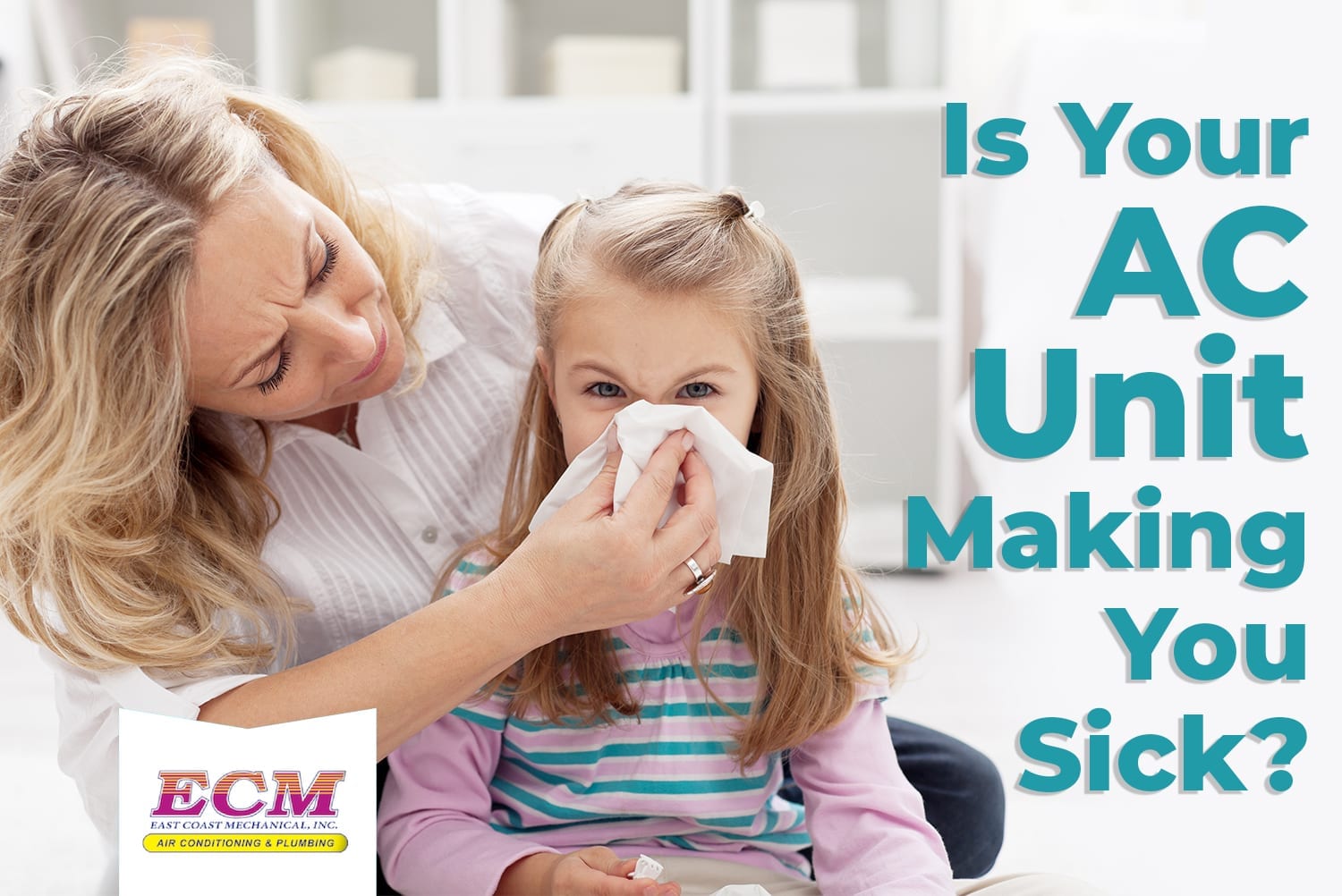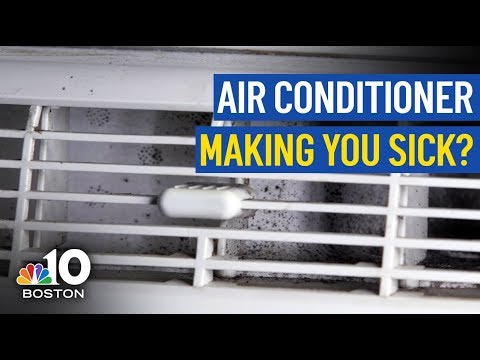With the scorching heat of summer, the air conditioner becomes a lifesaver for many of us. It provides a cool and comfortable environment, making indoor activities bearable during the hottest months. However, there are concerns about whether air conditioning can actually make you sick. In this article, we will explore the potential health effects of air conditioning and how to mitigate any associated risks.
Understanding the Risks
While air conditioning offers relief from the heat, it can also have certain adverse effects on our health. Here are some potential ways in which air conditioners may contribute to illness:
| Potential Health Risk | Explanation |
|---|---|
| Poor Air Quality | Improperly maintained air conditioners can circulate indoor air pollutants such as dust, allergens, and microbes, leading to poor air quality. |
| Dry Skin and Eyes | Extended exposure to air conditioning can cause dryness of the skin and eyes, leading to discomfort and irritation. |
| Respiratory Issues | Cold air from air conditioners may exacerbate respiratory conditions in some individuals, leading to breathing difficulties. |
| Spread of Illness | When air conditioners are not properly cleaned and maintained, they can become breeding grounds for bacteria and viruses, potentially spreading illnesses among occupants. |
Preventive Measures
While the potential health risks associated with air conditioning are concerning, there are several measures that can be taken to minimize the likelihood of adverse health effects:
Regular Maintenance
Ensuring that your air conditioner is regularly serviced and cleaned by professionals can help improve air quality and prevent the buildup of harmful contaminants.
Optimal Temperature And Humidity
Setting the temperature and humidity levels of your air conditioner to comfortable and moderate levels can help prevent dryness and discomfort without compromising the cooling effect.
Use Of Air Purifiers
Supplementing your air conditioning system with air purifiers can help eliminate airborne pollutants and improve overall indoor air quality.
Proper Ventilation
Allowing for some amount of natural ventilation, such as opening windows during cooler evenings, can help reduce reliance on air conditioning and improve air circulation.
Personal Hygiene
Practicing good personal hygiene, such as frequent hand washing, can help prevent the spread of illnesses that may result from contaminated air conditioning systems.

Credit: ecmservice.com
Conclusion
While air conditioners are a staple for maintaining comfort during hot weather, it’s important to be aware of the potential health risks they pose. By taking proactive measures such as regular maintenance, optimal temperature control, and the use of air purifiers, it is possible to mitigate the likelihood of air conditioning-related illnesses. With proper care and attention, you can continue to enjoy the benefits of air conditioning while safeguarding your health and well-being.

